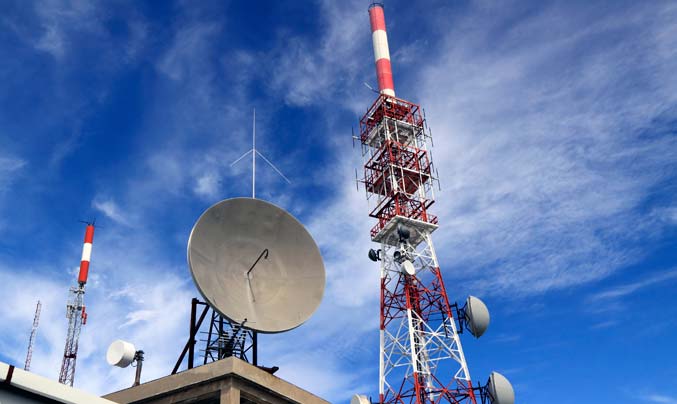Starting Friday, January 10, 2025, telecom users in Nigeria will see an increase in the cost of services such as calls, SMS, and internet data. The Nigerian Communications Commission (NCC) is preparing to announce a new tariff structure, marking the first adjustment in years. Telecom providers have consistently pushed for higher rates, citing the steep rise in operating expenses driven by inflation and the declining value of the naira.
Why the Tariff Increase?
For over a decade, telecom operators have maintained the same prices despite massive increases in their operating costs. According to Minister of Communications, Innovation, and Digital Economy, Dr. Bosun Tijani, telecom companies have faced more than a 300% rise in costs over the past two years.
“This will not be a 100% increase,” Tijani reassured during a recent stakeholders’ meeting. “The NCC will soon issue clear directives on the adjustment.”
Telecom operators initially sought a 40% tariff hike back in 2022, which would have raised the cost of a one-minute phone call from ₦11 to ₦15.40, SMS charges from ₦4 to ₦5.60, and a 1GB data plan from ₦1,000 to ₦1,400. While the exact figures for the upcoming increase remain unclear, both the government and telecom companies have agreed to make sure the hike is gradual to minimize the financial burden on consumers.

Balancing Costs with Infrastructure Investment
Operators like Airtel Nigeria have highlighted the need for tariff adjustments to sustain their operations. The CEO of Airtel Nigeria, Dinesh Balsingh, emphasized the importance of reinvesting in infrastructure and improving service quality.
“While necessary, we are committed to implementing gradual changes,” Balsingh said. “This will allow us to enhance coverage and deliver better services while ensuring Nigeria remains competitive in the global digital economy.”
The government is also stepping in to support telecom infrastructure development. A major fiber optic project, spanning 90,000 km across all 774 local government areas, is set to kick off in the second quarter of 2025. This initiative aims to improve broadband access nationwide, laying the groundwork for more reliable and affordable telecom services in the future.
Addressing Consumer Concerns
Dr. Aminu Maida, Executive Vice-Chairman of the NCC, acknowledged public concerns over price hikes. He assured Nigerians that the new tariffs would include simpler, more transparent pricing structures to help consumers understand charges.
“We are moving away from overly complex pricing models. Clearer pricing will ensure transparency and build trust with consumers,” Maida said.
In addition, the NCC plans to oversee how telecom companies invest the additional revenue generated from the tariff increase. The focus will be on network upgrades, improving service quality, and expanding coverage across underserved areas.
A New Chapter for Nigeria’s Telecom Sector
Telecom companies have been hesitant to invest in infrastructure due to high operating costs, inflation, and foreign exchange volatility. However, with the government now stepping in to create a sustainable tariff regime, the industry is optimistic about future growth.
MTN Nigeria’s CEO, Dr. Karl Toriola, stressed that higher tariffs would lead to better networks, enhanced services, and an improved digital experience for consumers.
“The balance between price adjustments and investment commitments will drive sustainability,” Toriola said. “Our focus remains on fostering growth and creating a better experience for Nigerian consumers.”
The tariff increase marks a significant turning point for Nigeria’s telecom industry, which has seen rapid growth over the past decade but continues to grapple with infrastructure deficits. With a mix of government-led initiatives and private sector commitments, the country aims to secure long-term sustainability while keeping telecom services accessible for all Nigerians.
As the new tariffs take effect, consumers are encouraged to monitor updates from the NCC and their service providers for detailed information on pricing changes.




